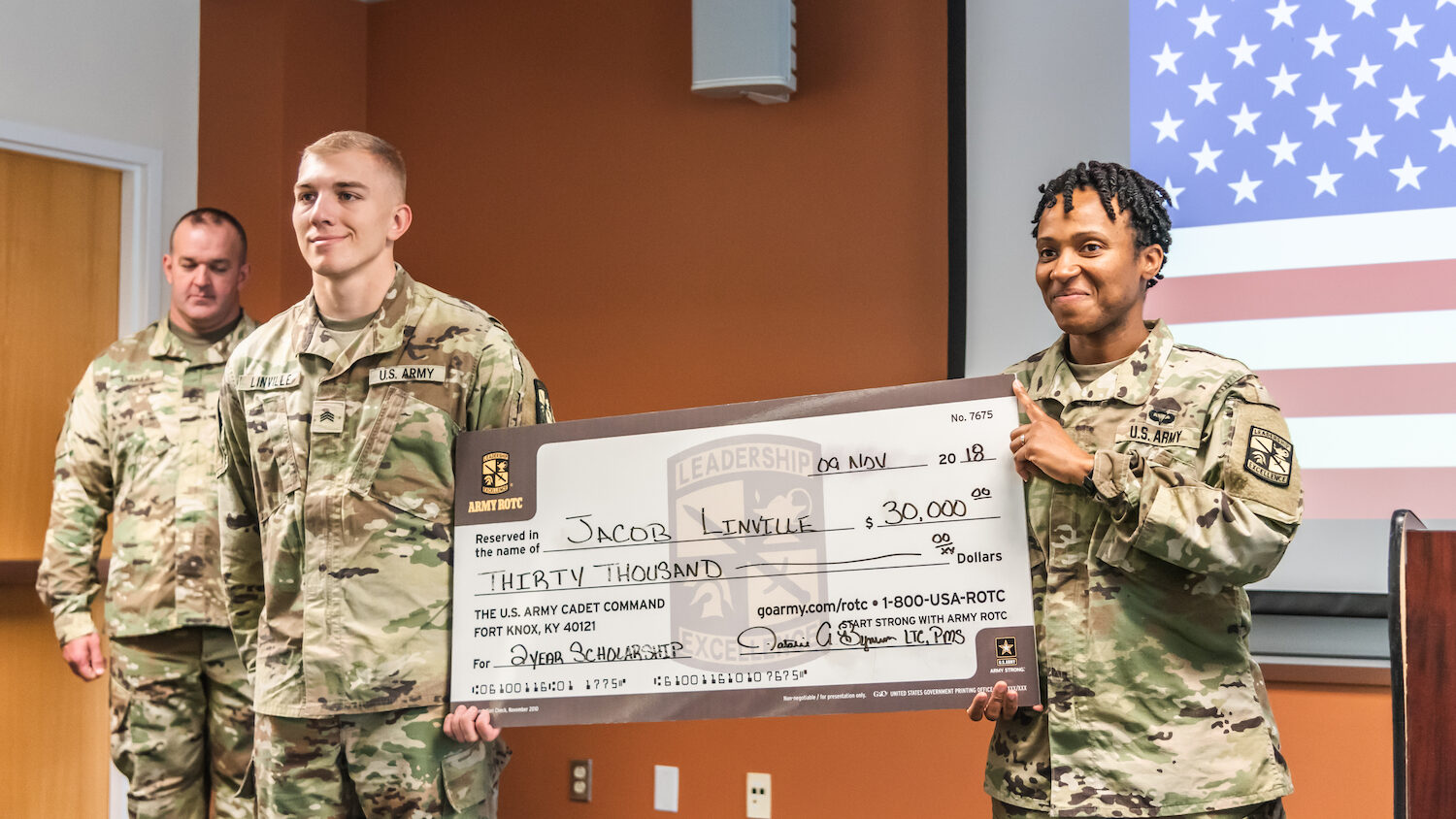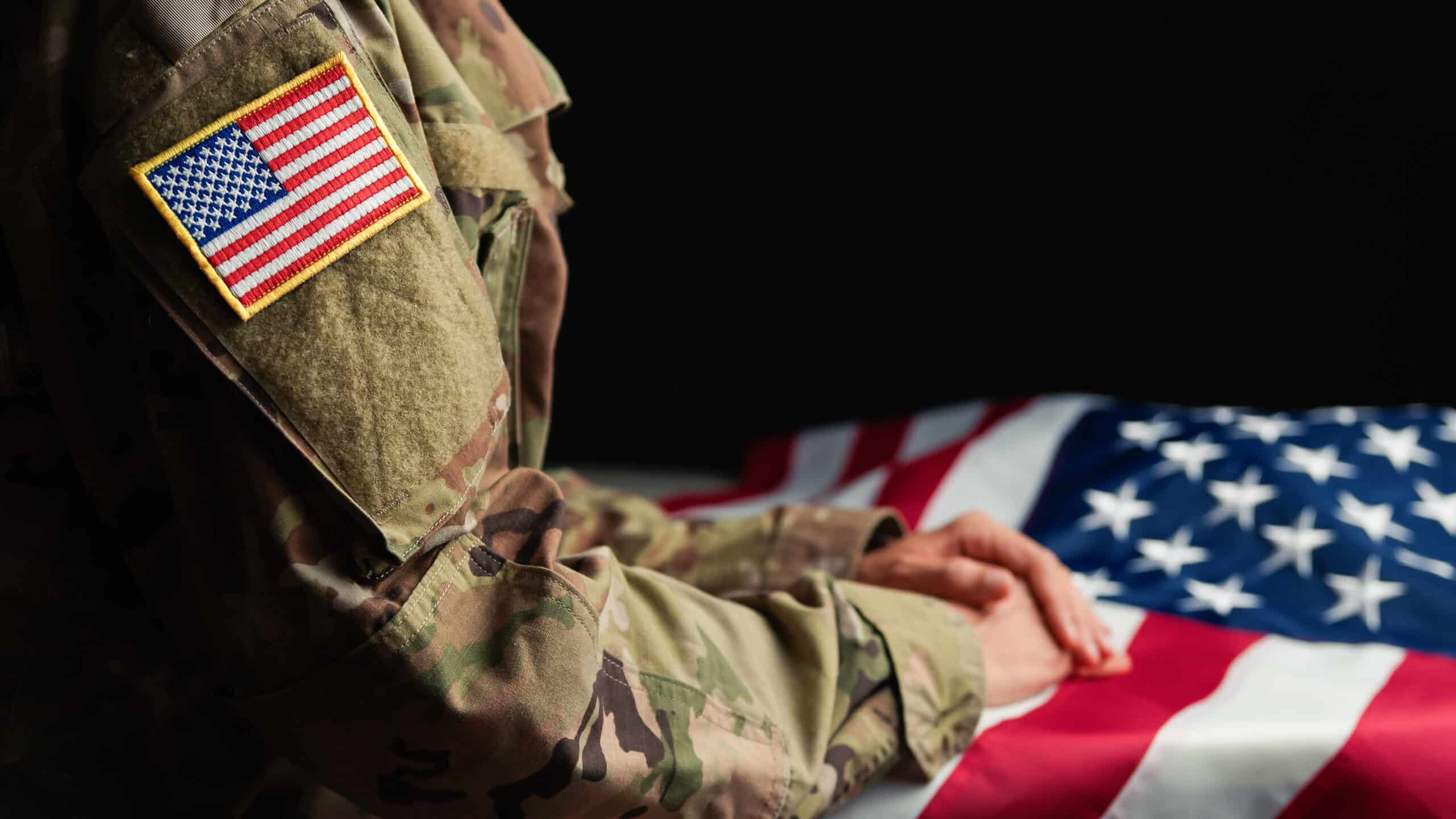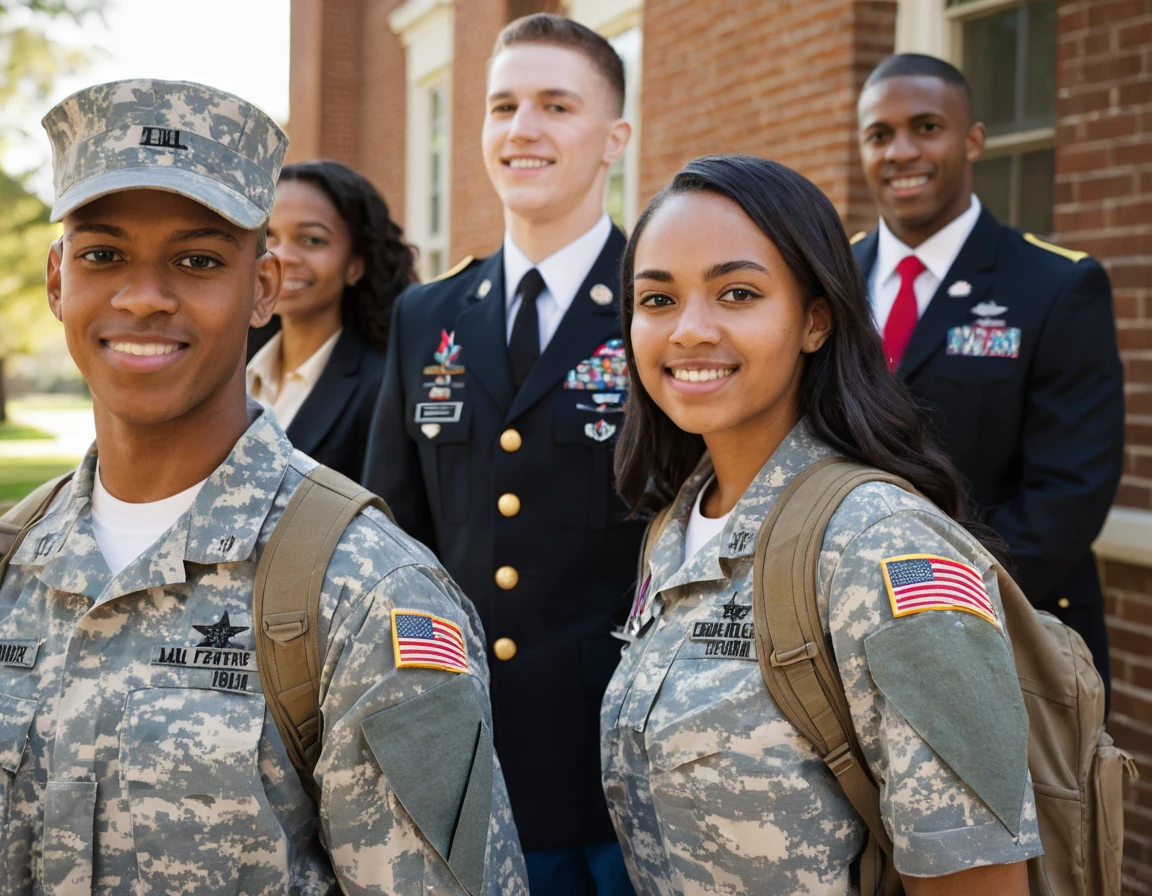Military personnel have access to a variety of scholarships designed to recognize their service and educational aspirations. These scholarships can come from both government-sponsored programs and private organizations. For instance, the Post-9/11 GI Bill provides substantial funding for tuition, while local organizations like the West Michigan Veterans Coalition also offer targeted scholarships for those connected to the military community. Key aspects of military scholarships include:
- Eligibility: Typically available to veterans and active-duty members, as well as their families.
- Flexibility: Many can be used for various educational costs, not just tuition.
Benefits of Scholarships for Veterans
Veteran scholarships provide critical support for individuals transitioning to civilian life. They offer:
- Financial Relief: Reducing the burden of education costs, enabling a smoother transition.
- Career Opportunities: Funding for professional development can open pathways in industries that value military experience.
For example, Mary, a veteran pursuing a nursing degree, found a scholarship that not only covered tuition but also provided mentorship opportunities, enhancing her job readiness. Scholarships like these illustrate the powerful impact financial support has on veterans’ educational journeys.

Government-sponsored Scholarships for Military Personnel
Post-9/11 GI Bill Benefits
The Post-9/11 GI Bill is a game-changer for military personnel seeking higher education. It offers comprehensive benefits that cover tuition and fees for veterans who served after September 10, 2001. This means veterans can attend college without accumulating massive debt, making the transition to civilian life smoother. Key features of the Post-9/11 GI Bill include:
- Tuition Coverage: Up to the highest public in-state undergraduate tuition rate.
- Monthly Housing Allowance: Financial support to help cover living expenses.
- Transfer of Benefits: Service members can pass unused educational benefits to their dependents.
Yellow Ribbon Program
Supplementing the GI Bill, the Yellow Ribbon Program further aids veterans attending private schools or out-of-state institutions. Under this program, participating schools can contribute additional funds that the VA matches, effectively lowering tuition costs. For instance, Jessica, a veteran studying at a private university, utilized the Yellow Ribbon Program, reducing her tuition significantly. This program emphasizes the commitment to making education accessible for those who have served our country.

Scholarships Offered by Military Branches
Army ROTC Scholarships
The Army Reserve Officers’ Training Corps (ROTC) offers an excellent pathway for college students to earn scholarships while gaining military training. These scholarships not only cover tuition and fees but also provide a monthly stipend for living expenses. The commitment? Cadets agree to serve as officers in the Army for a set number of years after graduation. Here’s why they’re beneficial:
- Comprehensive Coverage: Scholarships can cover up to 100% of tuition, depending on the institution.
- Leadership Development: Participants receive invaluable training that fosters leadership skills.
For example, John, a recent graduate, shared how his Army ROTC scholarship alleviated his financial burden, enabling him to focus on his studies rather than worrying about tuition debt.
Navy-Marine Corps Relief Society Scholarships
The Navy-Marine Corps Relief Society also provides scholarships aimed at helping actively enrolled students who are dependents of sailors and Marines. These awards are largely need-based and designed to support those in financial distress. Key highlights of these scholarships include:
- Variety of Programs: Funds are available for undergraduate and graduate studies.
- Community Support: This program underscores the society’s commitment to assisting military families.
Mary, whose father served in the Navy, found solace in these scholarships, ensuring she could pursue her dream of becoming an educator without the burden of student loans.

Non-Profit and Private Scholarships for Veterans
Pat Tillman Foundation Scholarships
The Pat Tillman Foundation aims to empower veterans and their spouses through educational opportunities. Named after the former NFL player who enlisted in the Army, the Tillman Scholars program provides funding up to $10,000 annually to cover direct study-related expenses. This scholarship is particularly impactful because it focuses on individuals who demonstrate leadership, academic excellence, and a commitment to service. For example, Tim, a Tillman Scholar from the Army, noted that the scholarship not only alleviated his financial burden but also connected him with a supportive community of fellow veteran scholars. Key points about the Pat Tillman Foundation Scholarships:
- Eligibility: Open to veterans and military spouses.
- Coverage: Helps with tuition, fees, books, and living expenses.
Veterans United Foundation Scholarship
The Veterans United Foundation offers scholarships specifically aimed at veterans and active-duty military personnel pursuing post-secondary education. Each year, these scholarships provide crucial financial support, helping service members transition back into civilian life by furthering their education. Highlights include:
- Financial assistance up to $2,000: This aids in covering tuition and related costs.
- Focus on holistic development: The foundation emphasizes community service and engagement.
Jessica, a recipient of the Veterans United Foundation Scholarship, shared her story of how the financial support allowed her to focus on her studies without the worry of student loans, ultimately paving her path to a fulfilling career.

Educational Opportunities for Military Spouses
Military Spouse Career Advancement Accounts (MyCAA)
The Military Spouse Career Advancement Accounts (MyCAA) program is designed to empower military spouses to pursue higher education and training that lead to viable careers. With financial assistance of up to $4,000, this benefit supports education expenses for degree programs, licenses, or certifications. Key features include:
- Flexibility: Spouses can choose programs that fit their career goals, even if they relocate frequently due to military assignments.
- Wide Range of Eligible Fields: The funding can be applied to fields that typically offer portable careers, such as healthcare and education.
For example, Lisa, a military spouse, used MyCAA funding to complete her nursing degree, which has allowed her to find employment in various states without starting over each time.
Spouse Education Assistance Program (SEAP)
The Spouse Education Assistance Program (SEAP) provides additional resources for military spouses aiming to further their education. This program emphasizes financial support for undergraduate studies and vocational training. Benefits include:
- Tuition Assistance: Financial aid to help cover tuition and fees at accredited programs.
- Support for Diverse Educational Paths: Whether you’re looking at vocational training, community college, or a four-year university, SEAP can assist.
For instance, Tom’s wife, a SEAP scholarship recipient, was able to attend college and complete her degree in business administration, empowering her to start her own venture. These educational opportunities significantly help military families navigate their unique challenges.
Application Process for Military and Veteran Scholarships
Eligibility Requirements
When applying for military and veteran scholarships, it’s essential to understand the eligibility criteria, which often include:
- Service Status: Active duty service members, veterans, and sometimes military dependents.
- Educational Enrollment: Many scholarships require applicants to either be enrolled in or accepted to a post-secondary program.
- GPA Minimums: Some may specify a minimum cumulative GPA, commonly around 2.75 on a 4.0 scale.
For example, Mark, a veteran pursuing a degree in engineering, found that various scholarships required proof of his military service along with academic transcripts to verify his GPA.
Tips for Writing a Strong Scholarship Essay
Crafting a compelling scholarship essay is crucial. Here are some tips to enhance your application:
- Personalize Your Story: Share your unique experiences and how they shaped your educational ambitions.
- Connect Your Goals: Clearly articulate how the scholarship will help you achieve your academic and career goals.
- Seek Feedback: Have a mentor or peer review your essay for clarity and impact.
By highlighting your journey and aspirations effectively, you can make a memorable impression on scholarship committees.

Resources and Support for Military and Veteran Students
Veterans Affairs Educational Assistance Programs
The U.S. Department of Veterans Affairs (VA) offers a range of educational assistance programs designed to support military and veteran students. The Post-9/11 GI Bill is one of the most significant resources available, providing funding that covers tuition and living expenses for eligible veterans attending college. Key features include:
- Tuition Coverage: Up to the highest in-state undergraduate tuition rate.
- Housing Stipend: Monthly allowances to help with living expenses.
For instance, Mike, a veteran, shared how the GI Bill allowed him to pursue his dream of studying engineering without the burden of student loans.
Supportive Organizations for Military-Affiliated Students
Various organizations also provide support for military-affiliated students. These include scholarships, mentorship, and career guidance. For example, AMVETS offers scholarships specifically for veterans and active-duty members, while the National Military Family Association provides resources tailored for military families. By leveraging these resources, veterans can enhance their educational journeys and better navigate the transition from military service to civilian life.
